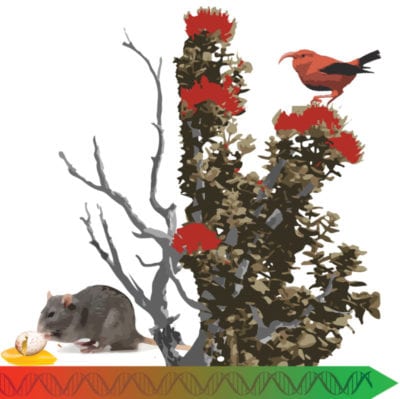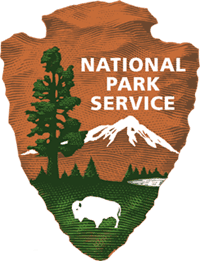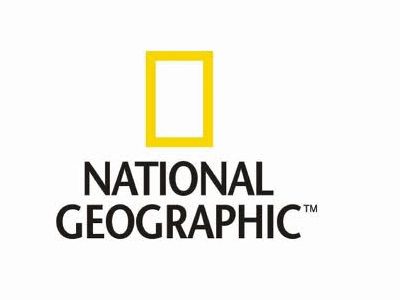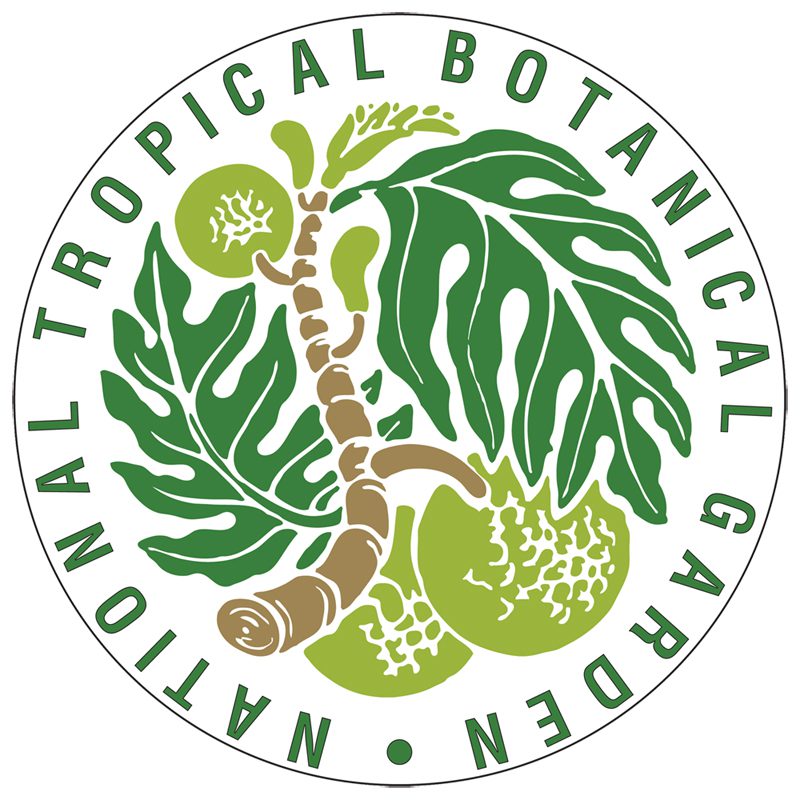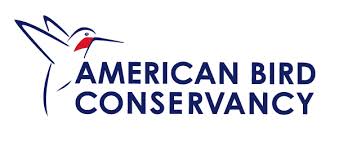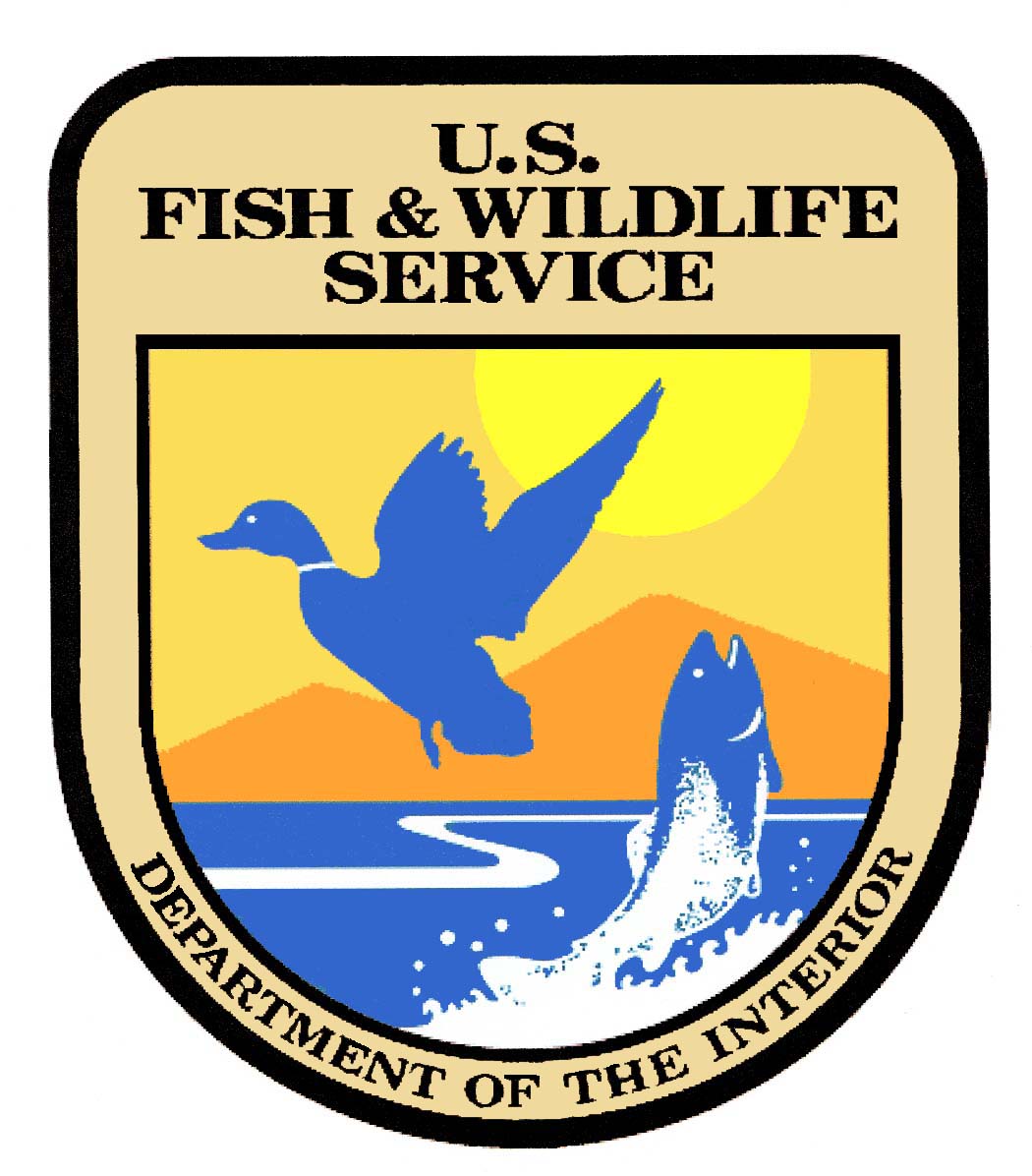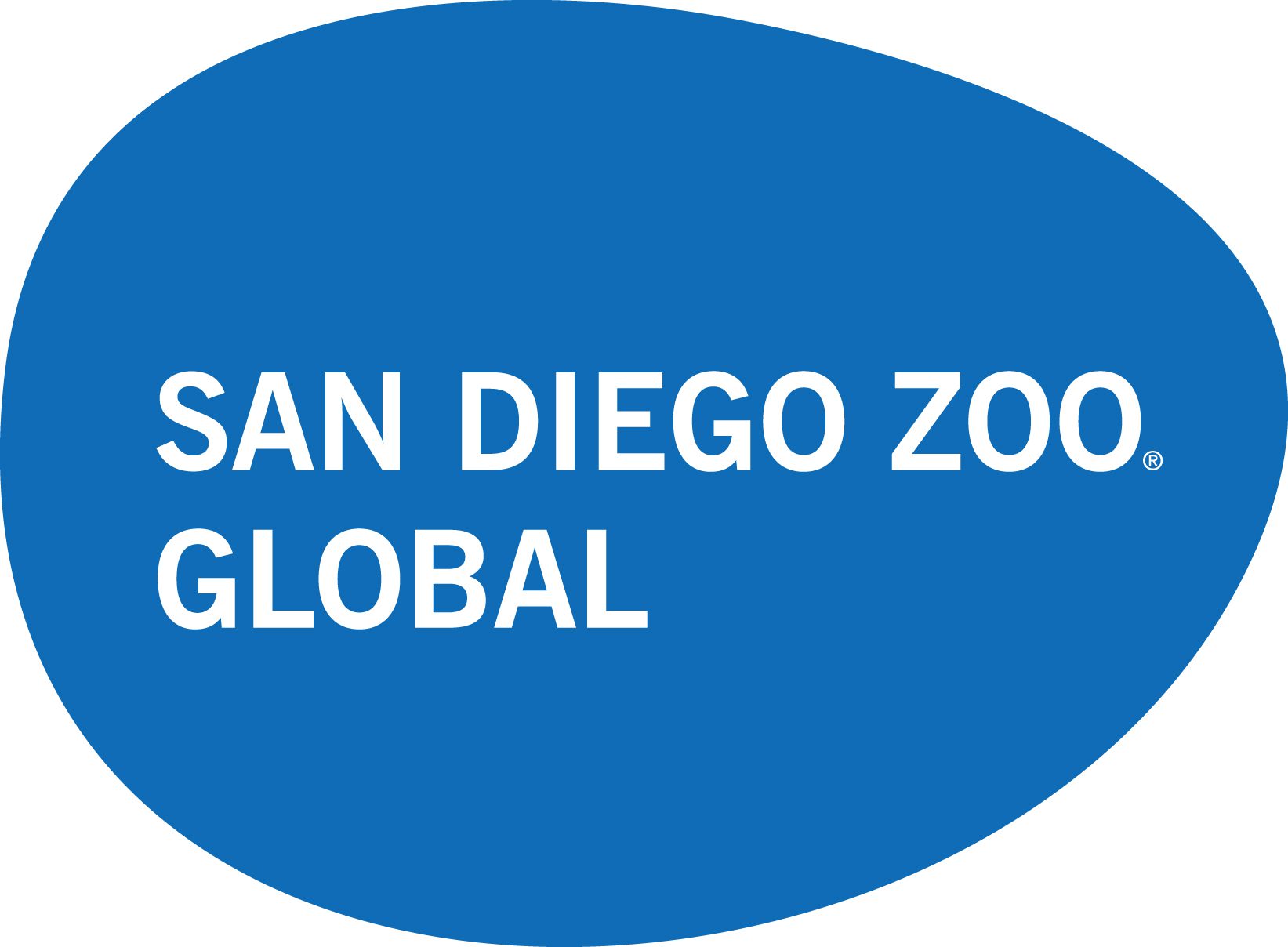International Union for the Conservation of Nature:
World Conservation Congress
Honolulu, Hawaii – September 1 – 10, 2016
Hawaii provides an important stage to discuss the potential role of new genomic tools could play in conservation. With more than 25,000 unique species, the islands are one of the most biologically diverse regions on earth. Unfortunately, this biodiversity is in crises; Hawaii has the highest extinction rate per square mile on the planet. A great many endemic species are threatened or endangered due to invasive diseases, plants, and animals.
Attendance: More than 10,000 passionate conservationists from around the globe – including representatives of 170 governments, leading scientists, NGOs, indigenous peoples, and businesses – convened at the world’s largest environmental and nature conservation event.
Revive & Restore at IUCN
To examine the potential role that new genomic tools could perform in wildlife conservation, Revive & Restore — with the support of National Geographic and the National Park Service — facilitated two important discussions at the 2016 IUCN World Conservation Congress.
Participants
Conveners
Ryan Phelan and Stewart Brand – Co-founders, Revive & Restore
Event Speakers
Sam ʻOhukaniʻōhiʻa Gon III – The Nature Conservancy, Hawaii
Chipper Wichman – National Tropical Botanical Garden
Andy Newhouse – American Chestnut Research and Restoration Project
Rob Hauff – Department of Land and Resources, Hawaii
Chris Farmer – American Bird Conservancy
Dennis LaPointe – United States Geological Society
Anthony James – University of California, Irvine’s School of Medicine
Jack Bobo – Intrexon
Joshua Fisher – U.S. Fish and Wildlife Service
Bryce Masuda – San Diego Zoo Global
Gintas Zavadzkas – Miccosukee Tribe, Florida
Karl Campbell – Island Conservation
Kevin Esvelt – Massachusetts Institute of Technology, Media Lab
Makaala Kaaumoana –Hanalei Watershed
Kent Redford – Archipelago Consulting



